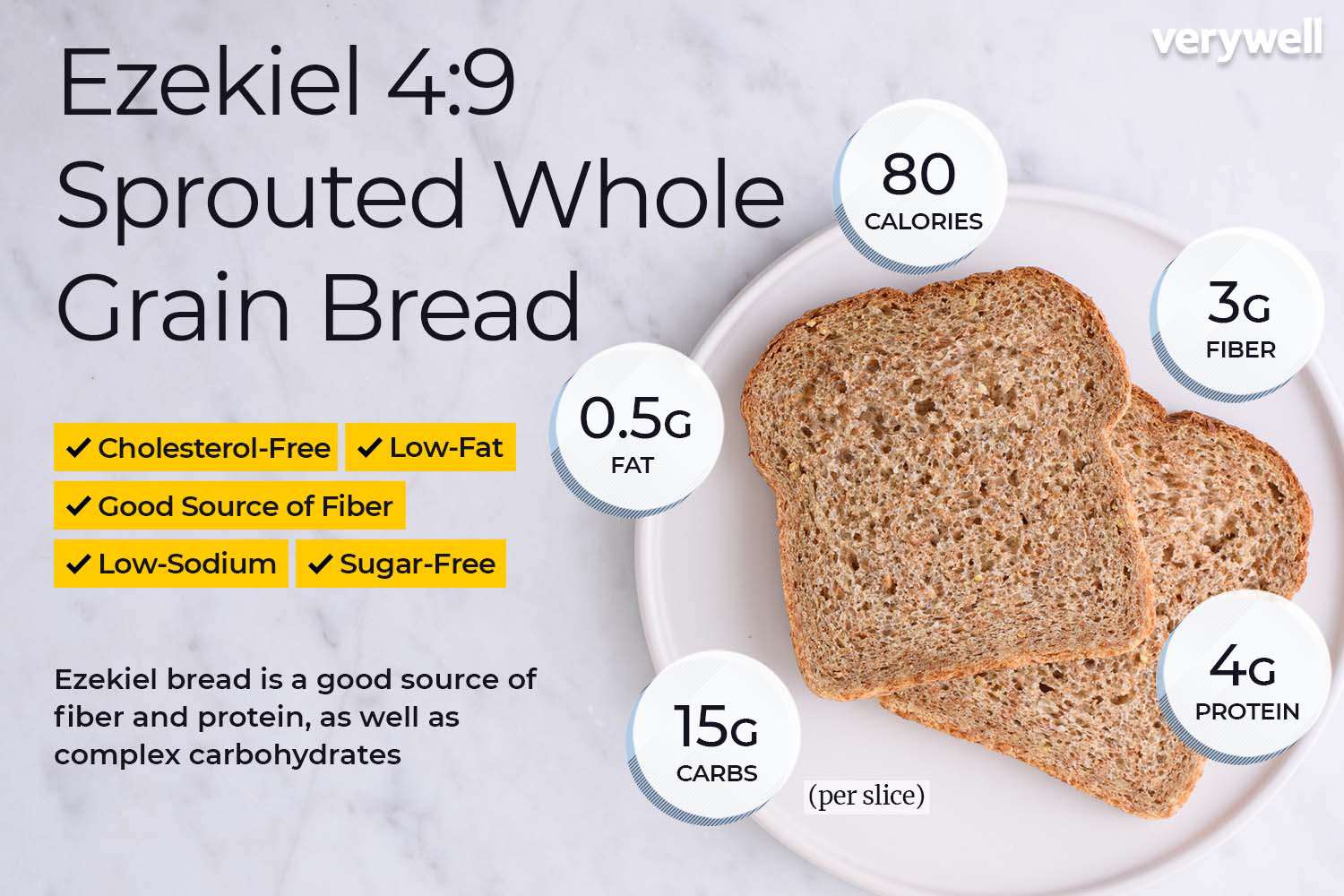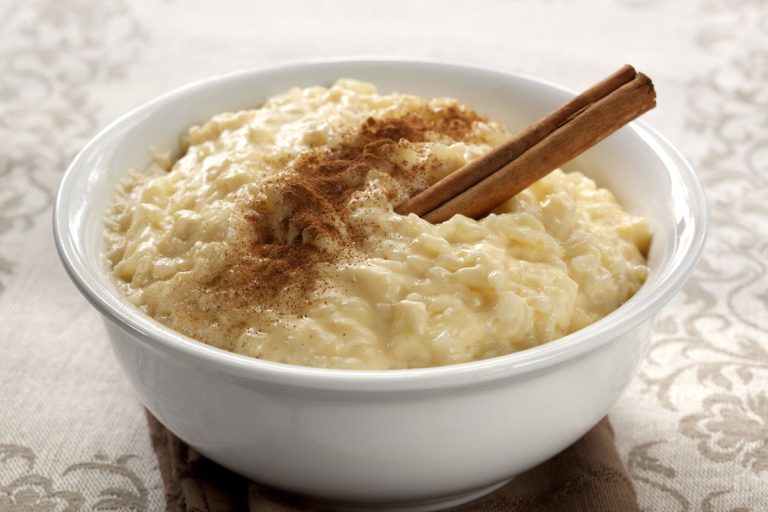Ezekiel Bread: Health Benefits, Nutritional Comparison & Where to Buy
Ezekiel bread is a type of sprouted grain bread made from a mix of whole grains and legumes like wheat, barley, spelt, millet, lentils, and soybeans. The sprouting process boosts nutrient levels and enhances digestibility, making it a highly nutritious option compared to traditional bread. This bread contains no preservatives, artificial ingredients, or added sugars. It’s a complete protein source, providing all nine essential amino acids.
The Origin of Ezekiel Bread
The inspiration for Ezekiel bread comes from an ancient scriptural reference. Specifically, Ezekiel 4:9 in the Bible mentions a recipe combining wheat, barley, beans, lentils, millet, and spelt. Modern manufacturers adapted this ancient recipe to create a bread that mirrors these ingredients and aligns with contemporary health standards. This historical context gives the bread its unique name and underscores its natural, wholesome ingredients.
Ingredients and Nutrition
Key Ingredients of Ezekiel Bread
Ezekiel bread includes a diverse blend of whole grains and legumes. The primary components are:
- Wheat: A staple grain providing complex carbohydrates.
- Barley: Adds fiber and essential minerals.
- Spelt: A nutrient-dense ancient grain.
- Millet: Gluten-free grain rich in magnesium.
- Lentils: High in protein and iron.
- Soybeans: Complete protein source with all essential amino acids.
These ingredients are sprouted before they are used, enhancing their nutritional profile and digestibility.
Nutritional Benefits
Ezekiel bread stands out for its nutritional benefits. A single slice typically contains:
- Calories: Approx. 80
- Carbohydrates: 15g
- Fiber: 3g
- Protein: 4g
- Fat: 0.5g
This bread offers all nine essential amino acids, making it a complete protein. Sprouting grains and legumes boosts vitamin and mineral content, providing more B vitamins, vitamin C, folate, and essential minerals like magnesium, phosphorus, iron, and zinc.
Ezekiel bread also contains no added sugars, preservatives, or artificial ingredients, aligning with clean eating principles.
Health Benefits of Ezekiel Bread
Ezekiel Bread and Digestive Health
Ezekiel bread aids digestion due to its high fiber content. The sprouted grains and legumes, including wheat and lentils, enhance nutrient absorption. Fiber promotes regular bowel movements and prevents constipation. It’s easier to digest compared to conventional bread because sprouting reduces anti-nutrients that interfere with mineral absorption. You can experience better gut health with consistent consumption.
Impact on Blood Sugar Levels
Ezekiel bread helps maintain stable blood sugar levels. With a low glycemic index, it causes a gradual rise in blood sugar, reducing the risk of spikes. Complex carbohydrates in barley and spelt slow glucose absorption. This is particularly beneficial for those managing diabetes or insulin resistance. Eating Ezekiel bread can lead to more sustained energy throughout the day.
Suitable for Vegan Diets
Ezekiel bread suits vegan diets due to its plant-based ingredients. It offers a complete protein source, combining grains and legumes like soybeans and millet. Each slice provides essential amino acids typically found in animal products. Additionally, it contains essential vitamins, such as B vitamins, and minerals like magnesium and iron, supporting overall health. You can include it in your vegan diet for balanced nutrition.
Comparison With Other Whole Grain Breads
Ezekiel Bread vs. Whole Wheat Bread
Ezekiel bread and whole wheat bread are popular choices among health-conscious individuals. Both breads offer whole grain benefits, but there are key differences. Ezekiel bread, made from sprouted grains and legumes, provides a higher nutritional profile. Whole wheat bread typically uses ground whole wheat kernels, lacking the sprouting process. This difference increases Ezekiel bread’s vitamin and mineral content.
Whole wheat bread often includes added sugars and preservatives, whereas Ezekiel bread remains free from artificial ingredients. In terms of protein, Ezekiel bread offers around 4g per slice, while whole wheat bread contains approximately 3g. Fiber content is also higher in Ezekiel bread, aiding in digestion and promoting gut health.
Why Choose Ezekiel Bread Over Others?
Choosing Ezekiel bread over other whole grain breads can be beneficial for several reasons. The sprouting process enhances digestibility and nutrient absorption. This makes Ezekiel bread an excellent option if you seek a nutrient-dense, plant-based food.
Ezekiel bread maintains stable blood sugar levels due to its low glycemic index, unlike some whole grain breads that cause spikes and crashes. Also, its lack of preservatives and added sugars aligns with modern dietary standards, providing a cleaner, healthier choice.
Additionally, Ezekiel bread is suitable for vegan diets, offering a complete protein source through its combination of grains and legumes. The rich nutrient profile ensures you get essential vitamins and minerals in every slice.
Where to Buy and How to Store Ezekiel Bread
Best Places to Purchase Ezekiel Bread
Ezekiel bread can be found in several grocery stores and health food markets. Major retailers, such as Whole Foods, Trader Joe’s, and Sprouts, usually have Ezekiel bread in their frozen food sections. Many local supermarkets, including Kroger and Safeway, also stock Ezekiel bread in both their frozen and fresh bread aisles. Online shopping offers another convenient option. Websites like Amazon, Thrive Market, and the official Food for Life website provide delivery options, ensuring you always have access to Ezekiel bread.
Tips on Storing Ezekiel Bread for Freshness
Proper storage is key to maintaining Ezekiel bread’s freshness. Keep the bread frozen if you plan to use it over weeks or even months. When ready to eat, take out the required slices and thaw them at room temperature or in a toaster. For shorter-term storage, refrigerate Ezekiel bread to retain its freshness for up to two weeks. Keep the bread in its original packaging, or use an airtight container to prevent moisture loss and mold growth. Always check expiration dates and consume the bread promptly for the best taste and nutritional benefits.
Conclusion
Ezekiel bread stands out as a nutritious, wholesome choice for those seeking better health and well-being. Its sprouted grains and legumes offer a wealth of benefits, from improved digestion to stable blood sugar levels. With its higher protein and fiber content, Ezekiel bread surpasses traditional whole wheat options.
You can easily find Ezekiel bread at major retailers like Whole Foods and Trader Joe’s, local supermarkets, and online platforms such as Amazon and Thrive Market. For freshness, store it in the freezer for long-term use or the refrigerator for short-term needs.
Choosing Ezekiel bread means opting for a cleaner, healthier, and more nutritious option that supports your dietary goals and overall health.






